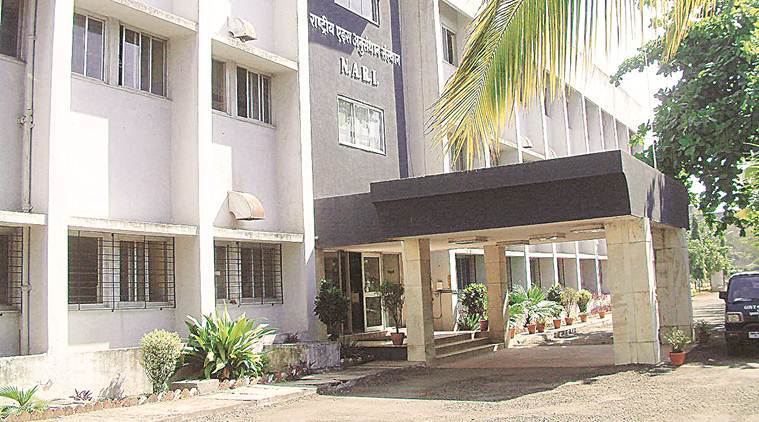 Dr Gangakhedkar, a recipient of the Padma Shri for his contribution to the fields of science and engineering, told The Indian Express that while cases of HIV were declining, the disease could come always come back if there was “complacency”.
Dr Gangakhedkar, a recipient of the Padma Shri for his contribution to the fields of science and engineering, told The Indian Express that while cases of HIV were declining, the disease could come always come back if there was “complacency”.
There are plans to expand the mandate of the Pune-based National AIDS Research Institute (NARI) and apply the same principles used in tackling HIV towards elimination of other diseases, said Dr R R Gangakhedkar, the national chief of epidemiology at the Indian Council of Medical Research (ICMR).
Dr Gangakhedkar, a recipient of the Padma Shri for his contribution to the fields of science and engineering, told The Indian Express that while cases of HIV were declining, the disease could come always come back if there was “complacency”. `
“Currently, we are planning to expand the mandate of NARI. This is one organisation that has some experience towards disease elimination. While work on HIV research and related programmes will continue, the learnings from how the disease was controlled and prevented will be applied to other communicable diseases,” said Dr Gangakhedkar, a former director of NARI.
As per official data by the National AIDS Control Organisation, which has played a key role in fighting the disease, there are about 2.1 million patients suffering from the disease in India. In 2018-19, 79 per cent people living with HIV knew their status, 82 per cent diagnosed with HIV were receiving free anti-retroviral therapy and 79 per cent were virally suppressed.
The aim is to bring down the incidence of HIV/AIDS by 20,000 per year for the next two years. The basic target remains that of ‘three zeros’ — zero new infections, zero AIDS-related deaths and zero discrimination.
“There is access to testing, which means infections are being detected. This does not mean that HIV infections are on the rise but definitely people have more means of access to testing services. There is less stigma,” said Dr Gangakhedkar.
“Perhaps these learnings can be modified and applied to other communicable diseases. We can also help advise other national programmes, which have an elimination target of 2030,” he added.
“If the incidence of HIV is low, it means efforts need to be intensified to control it. This has earlier happened in the case of other diseases, which are now coming back as people forgot about them and became complacent,” said Dr Gangakhedkar.